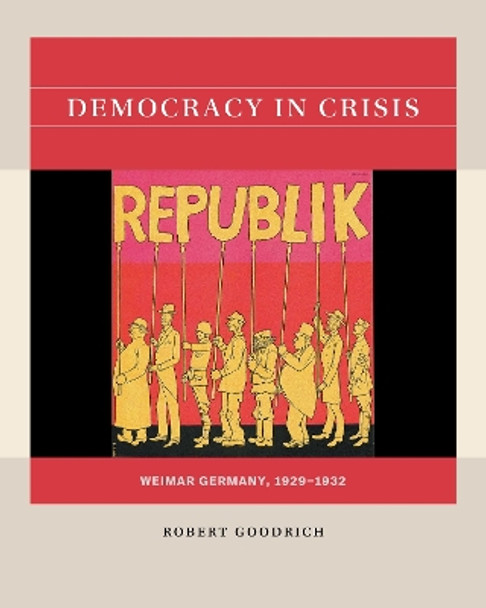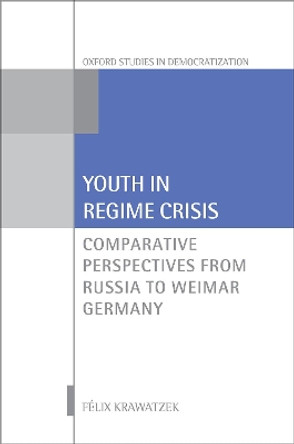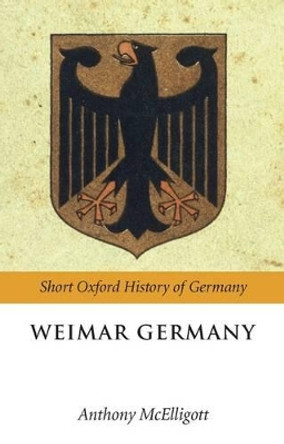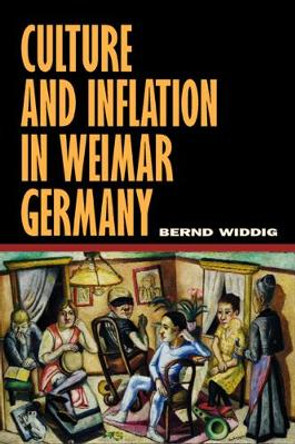Description
Arguably the greatest failure of this democratic challenge came in Germany in the early twentieth century--a failure that led to the Third Reich. Here, all of the great ideologies of the modern West collided as roughly equal and viable contenders during the so-called Weimer Republic, 1919-1933. For over a decade since World War I, liberalism, nationalism, conservatism, social democracy, Christian democracy, communism, fascism, and every variant of these movements struggled for power. Although the constitutional framework boldly enshrined liberal democratic values, the political spectrum was so broad and fully represented that a stable parliamentary majority required constant compromises--compromises that alienated citizens embittered by national humiliation in the war and ensuing treaty, struggling to survive in economic turmoil, and confused by rapidly changing cultural norms. As positions hardened, the door was opened to radical alternatives.
In the game, players, as delegates of the Reichstag (parliament), must contend with intense parliamentary wrangling, constant and uncontrollable world events, street fights, assassinations, and even insurrections. Our game begins in late 1929, just after the US Stock Market Crash as the Reichstag deliberates the Young Plan (a revision to the Treaty of Versailles that ended World War I). The players belong to various political parties and must debate these matters and more as the combination of economic stress, political gridlock, and foreign pressure turn Germany into a volcano on the verge of eruption.
About the Author
Robert Goodrich's research interests lie in Modern Central European history with a broad, integrative approach. In particular, his research and teaching emphasize cultural and social history with an eye towards the interplay of various factors such as labor, gender, sexuality, and religion. However, the nature of his research into religion and identity also requires a comparative view of European and American experiences, reflected in his interest in transnational history and recent focus on questions of identity related to Austro-Hungarian migration to, from and through Michigan. Goodrich also actively works to promote internationalization. He has taken students to Spain, Peru, Greece, and, most regularly, to Austria.
Book Information
ISBN 9781469665542
Author Robert Goodrich
Format Paperback
Page Count 192
Imprint The University of North Carolina Press
Publisher The University of North Carolina Press
Weight(grams) 363g









